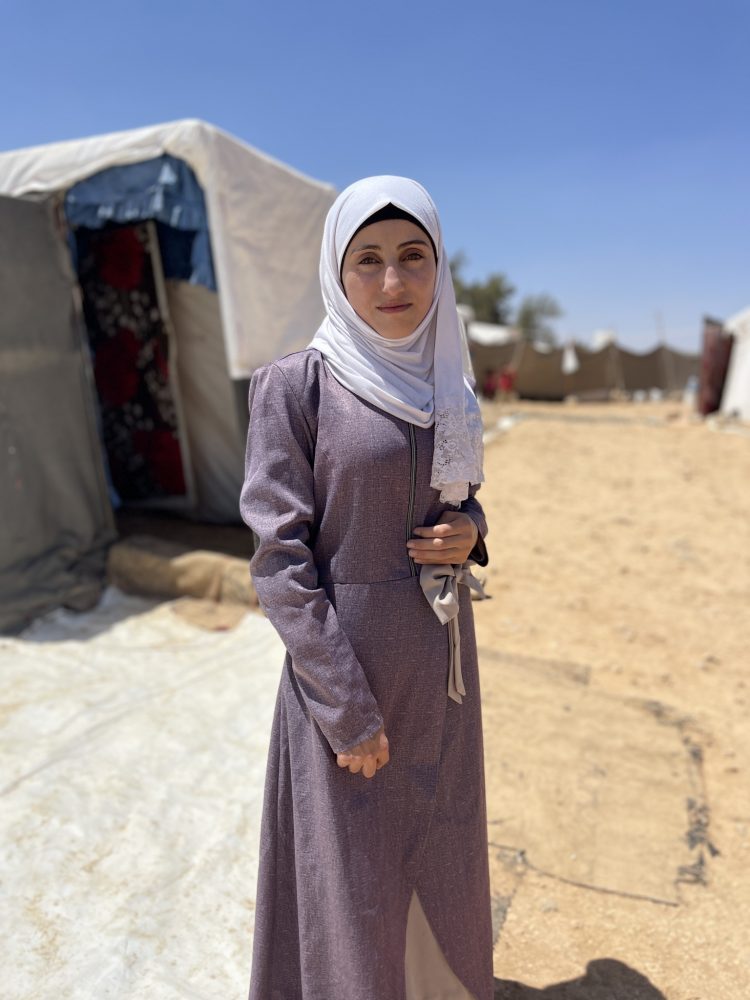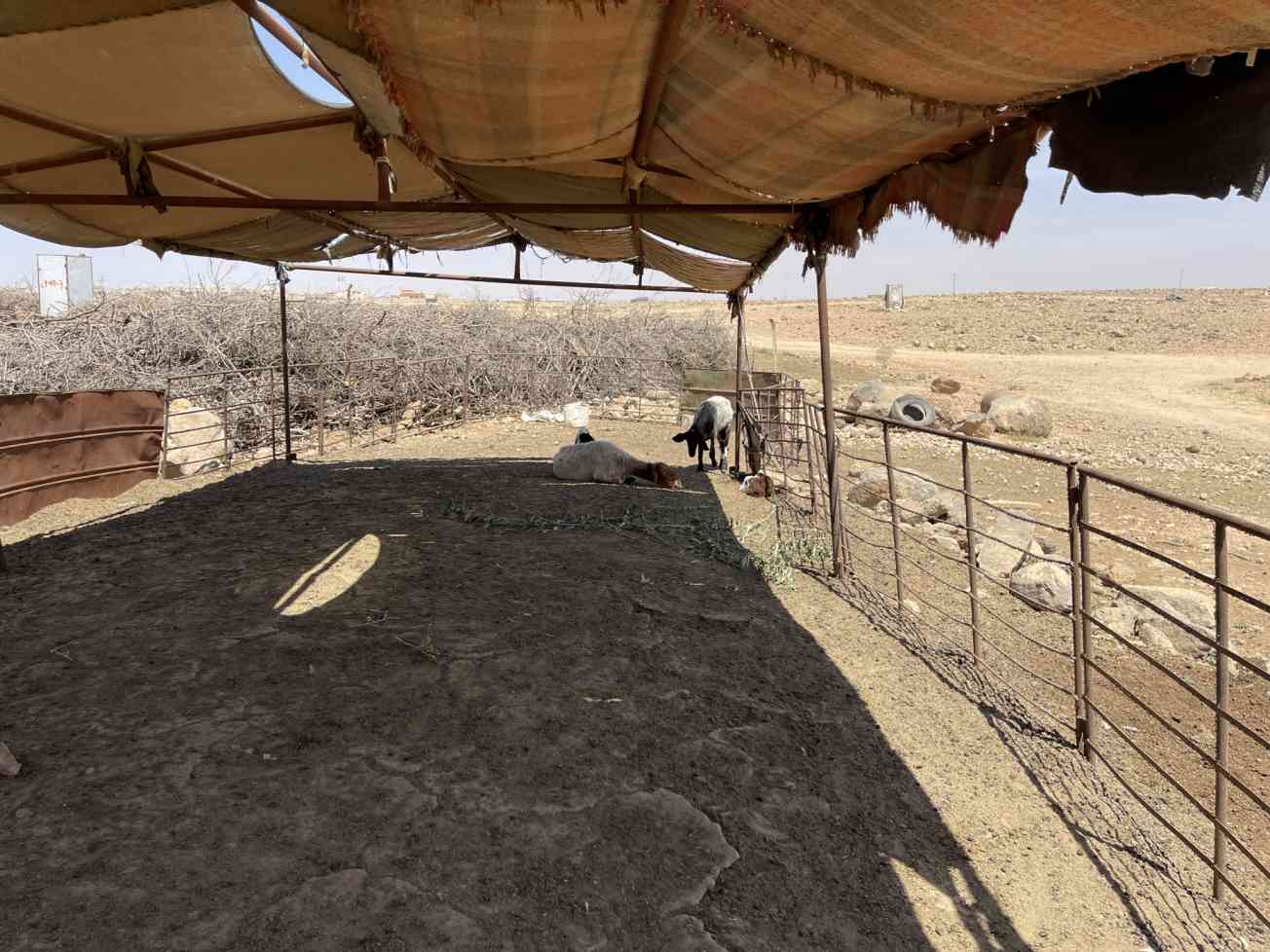Healthcare as a Refugee
Dialysis in a Tent City

My name is Yasmin. I’m 18 years old and have been in Jordan for 9 years. I came from a village outside of Damascus, Syria. I now live in a tent city in Jordan with my family. I have one sister and three brothers.
My family migrated to Jordan because of the Syrian war. I remember Syria from my childhood and miss it. I miss our home there. Jordan has given us refuge.
I’ve had kidney disease for the last 3 years and get dialysis three times a week. I found out I had kidney disease after getting tired a lot. We went to a doctor that gave me the diagnosis. We got a second opinion from a doctor who affirmed the diagnosis.
On a typical day, I wake up at 8am, brush my teeth, have breakfast with my family before my brothers go to school. After spending the day with my family, we have dinner together.
I used to go to school, but stopped after discovering my kidney disease at 15 years old. I enjoy learning at home. Going back to school felt uncomfortable with my weekly dialysis schedule.
The best anyone can have is health. And I’m hopeful to regain mine.
If I had a crystal ball, I’d wish for a new kidney, a house of our own with a little garden, and to pay off my dad’s debts.
My father watches goats for a living. We don’t own any goats. We pay 55 JD (Jordanian Dinar) for dialysis, 10 JD for transportation and another 10 JD for blood transfusion. (TSOS note: that’s roughly 900 JD for treatment out of pocket every month. The average monthly salary in Jordan is 600-800 JD.)

My faith in god gives me hope that I’ll get better.
I’d tell anyone else in my position to have faith in god and be patient.
Our team members obtain informed consent from each individual before an interview takes place. Individuals dictate where their stories may be shared and what personal information they wish to keep private. In situations where the individual is at risk and/or wishes to remain anonymous, alias names are used and other identifying information is removed from interviews immediately after they are received by TSOS. We have also committed not to use refugee images or stories for fundraising purposes without explicit permission. Our top priority is to protect and honor the wishes of our interview subjects.